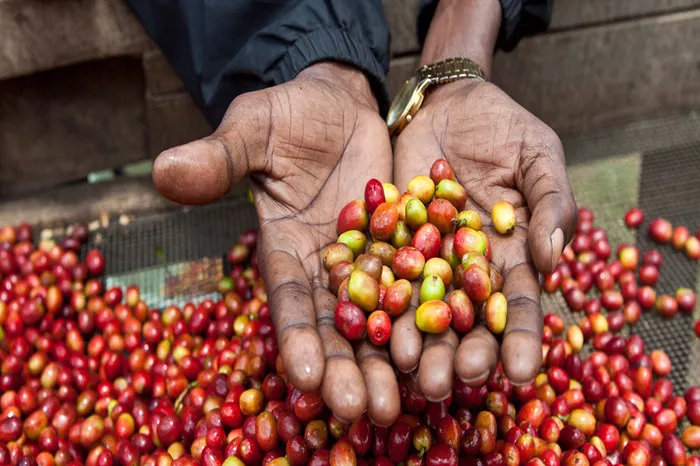In exactly one year, starting December 30, 2025, most African countries will be prohibited from exporting certain agricultural products to the European Union (EU) due to the new “zero deforestation” regulation. This law bans the import of products linked to deforestation, including cattle, cocoa, coffee, oil palm, rubber, soya, and wood.
The Democratic Republic of Congo (DRC) is among the countries facing challenges under this new regulation. DRC’s Agriculture Minister is set to hold a press conference on Monday to clarify the implications of the EU’s policy on the country’s agricultural exports.
Coffee and Cocoa Excluded from EU Market
The EU has excluded DRC’s coffee and cocoa from its market, citing the ongoing insecurity in the eastern region of the country. This decision has sparked controversy, with local business leaders raising concerns over its economic impact.
The Federation of Congolese Enterprises (FEC) in North Kivu’s Beni territory has sent a letter to the country’s Trade Minister, Julien Paluku, protesting the EU’s decision to remove DRC’s coffee and cocoa from “Fairtrade” and “Organic” certifications.
Shock and Disappointment for Exporters
According to the FEC, many cocoa and coffee export operators were shocked to receive notifications about the loss of these vital certifications. These letters, from certification bodies Flocert and Africert, dated December 2023 and December 2024, respectively, announced the removal of certification due to the EU’s refusal to approve their application for conformity, which was linked to ongoing security concerns in the region.
This exclusion marks a significant setback, especially given the efforts made by the Congolese government and its international partners, including the EU, USAID, IFAD, and the World Bank, to improve the quality and global standing of DRC’s coffee and cocoa industries.
Economic Consequences for DRC
The FEC warns that the absence of “Fairtrade” and “Organic” certification starting January 2025 will severely affect the marketability of DRC’s coffee and cocoa products. Without these certifications, the products cannot be marketed as organic or Fairtrade, which could lead to severe economic and social consequences for the country’s farmers and exporters.
Related topics:
- Vietnam Coffee Exports to US and China Mark Key Milestones
- USDA Lowers Philippine Coffee Import Projections for 2024-2025
- Coffee Costs Surge 70% in 2024


